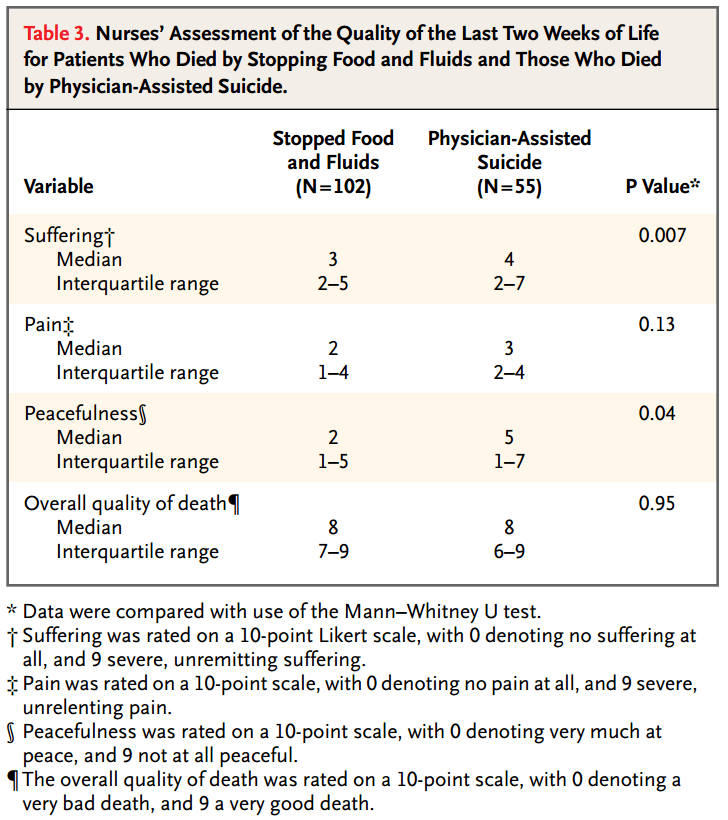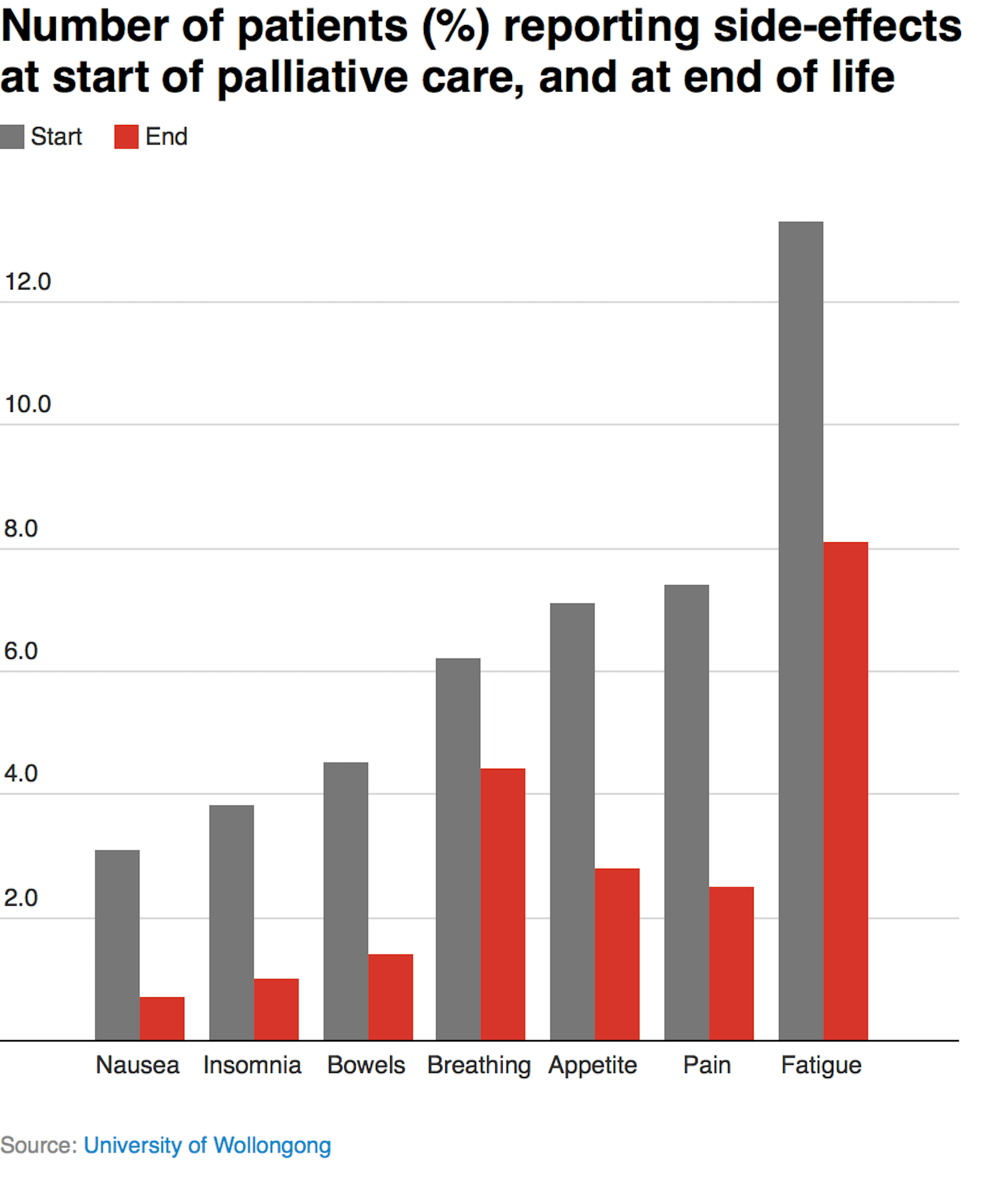Finding The Least Painful Way To Die
In a world filled with pain and suffering, discussions surrounding death can be particularly challenging to navigate. Many people are understandably curious about the least painful way to die, especially when considering terminal illness or severe distress. This exploration often leads individuals to contemplate their own mortality and search for a sense of peace in their final moments. Conversations about death can evoke a wide range of emotions, from fear and anxiety to acceptance and relief. As society continues to evolve in its understanding of death and dying, it has become essential to approach the topic with sensitivity and compassion.
Understanding the least painful way to die is not only about physical discomfort but also encompasses emotional and psychological aspects. Individuals may seek to find closure, support, and comfort during their last days. As we delve into this subject, it is crucial to approach it with respect for the various perspectives and experiences that shape our views on death.
Ultimately, the search for the least painful way to die reflects a deep human desire for dignity and comfort in the face of life’s most profound transition. We will examine various aspects of this topic, including methods, emotional considerations, and personal stories that illuminate the complexity of this journey.
What Are the Most Common Concerns About Dying Painfully?
The fear of experiencing pain during the dying process is a prevalent anxiety for many individuals. Common concerns include:
- The potential for physical suffering
- The emotional toll on family and loved ones
- The uncertainty surrounding the dying process
- Loss of control over one’s body and mind
How Can We Understand the Different Ways to Die?
To discuss the least painful way to die, it is vital to understand the various approaches to dying that exist in today's world. Some methods may be more peaceful than others, depending on the individual's circumstances. Here are a few common methods:
- Natural death from illness
- Assisted dying or euthanasia
- Self-inflicted methods
- Hospice care and palliative treatment
What Role Does Palliative Care Play in Dying Comfortably?
Palliative care is an essential aspect of ensuring a gentle dying experience. This type of care focuses on relieving symptoms and improving the quality of life for patients facing serious illness. Key components include:
- Effective pain management
- Emotional and psychological support
- Assistance with end-of-life planning
- Support for family members and caregivers
Can Emotional Support Help with the Pain of Dying?
The emotional landscape surrounding death can be just as painful as physical suffering. Support from friends, family, and mental health professionals can significantly ease the burden during this challenging time. Some benefits of emotional support include:
- Reducing feelings of isolation
- Providing a safe space for expression
- Enhancing coping mechanisms
- Fostering connections and closure
What Are Some Personal Stories of Dying Peacefully?
Personal stories can shed light on the varied experiences of individuals who have faced death. Here, we share a brief biography of one such individual who sought the least painful way to die:
| Name | Age | Diagnosis | Method of Dying | Support System |
|---|---|---|---|---|
| Jane Doe | 67 | Terminal Cancer | Palliative Care | Family and Hospice Team |
How Did Jane Find Peace in Her Last Days?
Jane's journey through terminal cancer was filled with fear and uncertainty, but she found solace in the support of her family and healthcare team. By opting for palliative care, Jane was able to manage her pain effectively while also addressing her emotional and spiritual needs. With her loved ones by her side, she felt empowered to share her thoughts, fears, and love, ultimately finding peace in her final moments.
What Are Some Myths Surrounding Painful Death?
Many myths and misconceptions can cloud our understanding of death and the dying process. Some common myths include:
- All dying people suffer greatly
- Hospice care is only for the final days
- Talking about death makes it worse
- There are no options for pain relief
What Resources Are Available for Those Facing Death?
For individuals and families navigating the complexities of dying, countless resources are available. Some valuable options include:
- Hospice and palliative care services
- Support groups for patients and families
- Counseling and therapy services
- Educational materials on end-of-life planning
How Can We Foster a Healthier Conversation About Death?
Encouraging open dialogue about death can help demystify the topic and alleviate fears. Strategies for fostering healthy conversations include:
- Creating a safe space for discussion
- Sharing personal experiences and emotions
- Encouraging questions and curiosity
- Educating others about the dying process
Conclusion: Finding Comfort in the Face of Death
Ultimately, the quest for the least painful way to die is a deeply personal journey that involves physical, emotional, and spiritual dimensions. By embracing open conversations, exploring available resources, and seeking support, individuals can navigate their final days with dignity and peace. Whether through palliative care, emotional support, or personal stories, there are numerous pathways to finding comfort in the face of death.
Unveiling The Voice Behind Peter Griffin: The Iconic Family Guy Character
Discovering Kaitlyn Nguyen Erome: A Rising Star
Unraveling The Fantasia Divorce 2024: A Deep Dive Into Love, Loss, And New Beginnings



ncG1vNJzZmiqn5i4o77InZ6emqKqtq%2B%2FjaipoGempMGqusaroKCgpKjApq%2FUq5ydZ5yarrTAjKmYoqaWqrluw8CyZK2nXZm2pnrHraSl